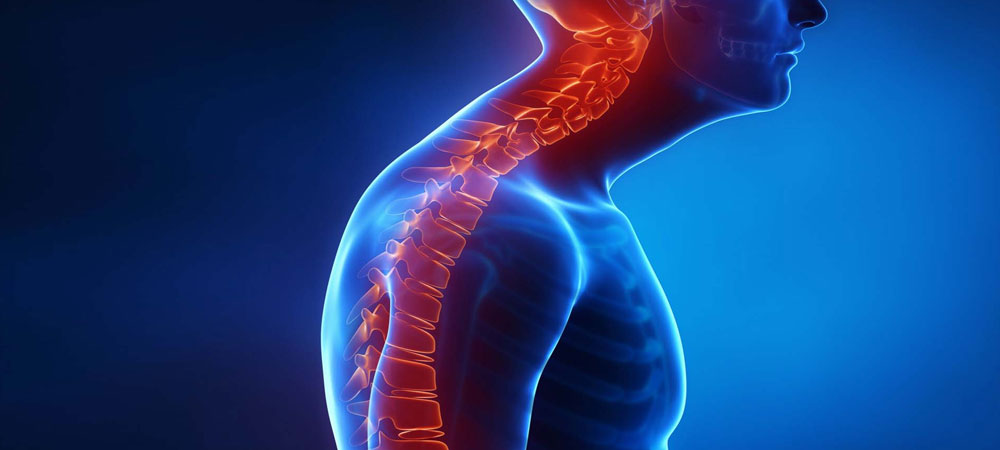- Precision Care for a Stronger Spine
- +91-9619100123
+91-9619100123 | +91-9619200123 | +91-9619300123
spineclinicmumbai@gmail.com
Kyphosis

Kyphosis Treatment in Mumbai
Kyphosis is a spinal disorder characterized by an extra outward curvature of the spine, resulting in a rounded or hunched back. This abnormal curvature can lead to various physical symptoms, including back pain, stiffness, and in severe cases, trouble breathing due to pressure on the lungs.
The causes of kyphosis can vary. It may develop due to degenerative diseases like arthritis, osteoporosis, or conditions such as Scheuermann's disease, where the vertebrae grow unevenly. Poor posture, spinal injuries, or congenital spinal deformities can also contribute to kyphosis. The severity of symptoms often depends on the degree of curvature and the underlying cause.
Diagnosis primarily involves a physical examination, imaging tests like X-rays or MRIs, and an assessment of symptoms. Treatment for kyphosis majorly depends on the severity and underlying cause. Mild cases may be managed with physical therapy to strengthen and support the back muscles and improve posture. In contrast, more severe cases might require bracing or surgery to correct the spinal curvature and alleviate symptoms.
While kyphosis cannot always be prevented, maintaining good posture, engaging in regular exercise, and ensuring adequate calcium and vitamin D consumption can help support spinal health and minimize the risk of developing severe curvature. Early diagnosis and suitable treatment are crucial in managing kyphosis and improving quality of life.
